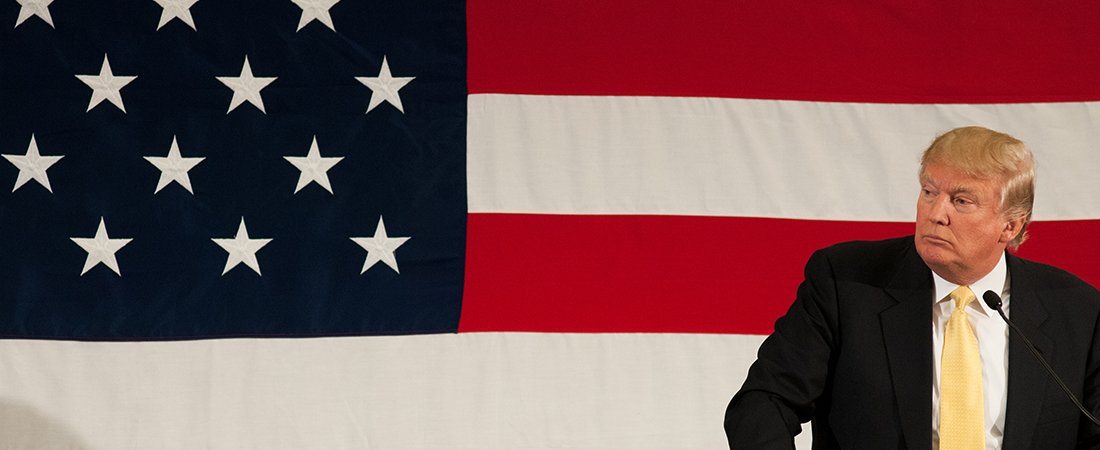Throughout the Trump presidency, there have been cultural flashpoints where the divisions of the country have been exposed. In 2017, there was the Unite the Right rally in Charlottesville, a protest organized by White Supremacists and White nationalists. In 2018, it was the fight over the nomination of Brett Kavanaugh to the Supreme Court following accusations of sexual assault. Trump and his advisers have chosen to capitalize on these moments for political gain. Since the day Trump announced his campaign for President, culture wars have been central to the discourse.
A pair of mass shootings in Dayton, Ohio, and El Paso, Texas provided a tragic capstone to summer. Trump’s immigration rhetoric was echoed by the shooter in El Paso, calling renewed attention to the President’s role in inflaming racial tensions.
Culture wars have always been a feature of American politics as the different ideologies of different generations clash. Trump is unique in making cultural issues, particularly racial issues, a focus of his administration instead of policy formulation and legislation. Why? Because it worked in 2016.
Earlier this summer, Trump made a series of attacks on a group of minority female members of Congress telling them to go back to the countries they came from, despite the fact that three were born in the US. Every Democrat and four Republicans in the House of Representatives voted to condemn the President’s remarks as racist. He has also attacked the city of Baltimore, describing it as a dangerous, rat-infested city adding that black Americans are “living in hell”. Trump’s defenders argue that he is simply responding to attacks made against him, burnishing his image as a fighter.
Trump’s attacks on the four minority Congresswomen known as “the squad” are designed to elevate them to the front and center of the Democratic party. To keep the majority in the House and have a majority in the Senate, Democrats must win in states that Trump won in in 2016. Moderates in the Democratic caucus are skeptical that the squad’s progressive agenda will help that. Speaker of the House Nancy Pelosi thus far has sided with moderates facing tough re-election campaigns.
The cultural wars have become an inescapable feature of American society. Sports, theatre, and commerce are on the front lines. Businesses face increasing scrutiny from the public, and pressure from their own employees to take a stance on social and political issues. As the election draws nearer (friendly reminder that the election is still over one year away), Trump, and his unique ability to dominate the airwaves, will continue to make the cultural wars central to US politics. It remains to be seen whether this strategy will keep him in The White House but Americans and businesses had better get used to it.
Want to keep up-to-date with the 2020 presidential elections? Subscribe to our monthly newsletter here.

